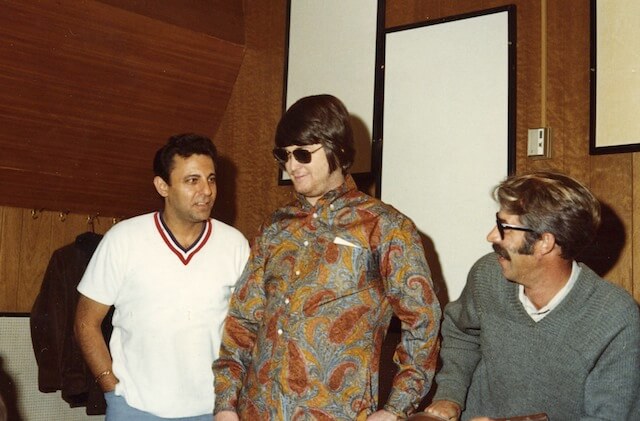‘The Wrecking Crew’ The trend of documentaries that unearth ignored musical stars — from those that lurked in the background (“20 Feet From Stardom”) to rediscovered recluses (“Searching for Sugar Man”) — is so big that distributors are uncovering oldies that fell through the cracks. Finally afforded a splashy release, the 2008 doc “The Wrecking Crew” is of the former type, paying much belated lip service to the session musicians who played a wide swath of the pop hits from the ’60s through the ’70s. Their work covered just about the entire spectrum, from Frank Sinatra to The Beach Boys to Alvin and the Chipmunks, with the themes from “Bonanza” and “The Pink Panther” thrown in there too. In fact, the majority of “The Wrecking Crew” is simply listing the many, many, many, many, many songs the subjects helped craft, and in some cases played in their entirety. Alongside those, of course, come stories, the funniest arguably being the most basic: that the musicians in question didn’t know they were even called “The Wrecking Crew” until over a decade after the name was coined, and not by them. A revolving door crew with a handful of in-the-shadow steadies, the remaining members — some of whom have, since 2008, passed on — sit down for a hang, rattling off their own tales of working with the likes of Brian Wilson and Phil Spector. (“They all thought he was nuts, because of course he was,” says guest talking head Cher.) The Association, it’s revealed, were one of those bands that needed session musicians to play their records, meaning the person who worked the riff from “Windy” was simply not credited. Other subjects are tackled with less assertiveness. The men joke about sexual harassing lone female bassist Carol Kaye, who keeps stum on the subject. And the reason the musicians were never credited is said to be because there were too many names to list — plus a credibility factor for bands who couldn’t nail their instruments in the studio. There’s a darker film here, especially once the demand for session musicians who play these specific instruments dried up in the ’80s, forcing some into financial purgatories. But even a semi-dark one that’s mostly light and warm — a film full of ego-free people finally getting credit — is welcome.
Director: Danny Tedesco
Genre: Documentary
Rating: PG
3 (out of 5) Globes
Review: ‘The Wrecking Crew’ is another doc about ignored musicians

Magnolia Pictures
Follow Matt Prigge on Twitter @mattprigge


















